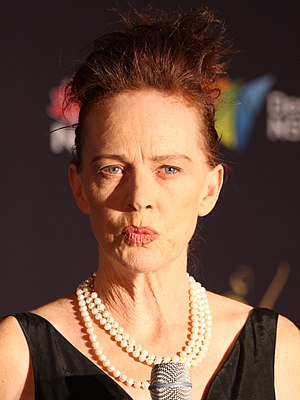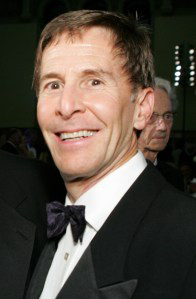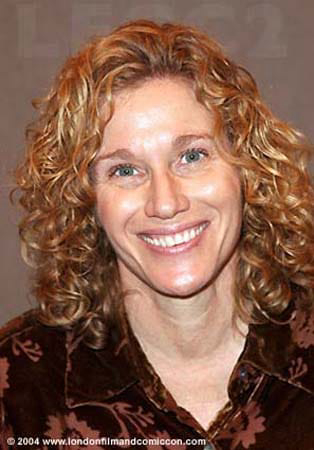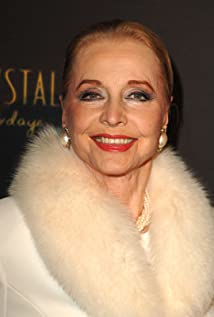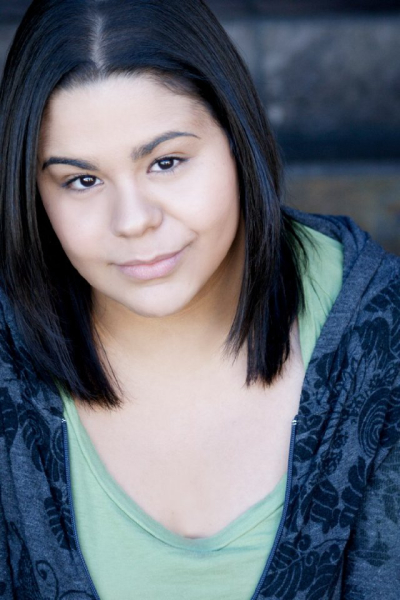Davis was especially lauded for her performance as Sand, and Hal Hinson of The Washington Post wrote, "Judy Davis makes her entrances as if she were straddling a cyclone. She doesn't just walk in, she blows in on a torrent of extravagant self-assurance and wild temperament. Sand, who's the locus of this blissfully high-spirited romp about the circle of writers and musicians in 1830s Paris, never does anything halfway; her life is an experiment in full-throttle, passionate immersion, and that's why Davis is the ideal actress for the part. She's the most atmospheric of actors, perhaps the only one around capable of streaking the screen with lightning."


